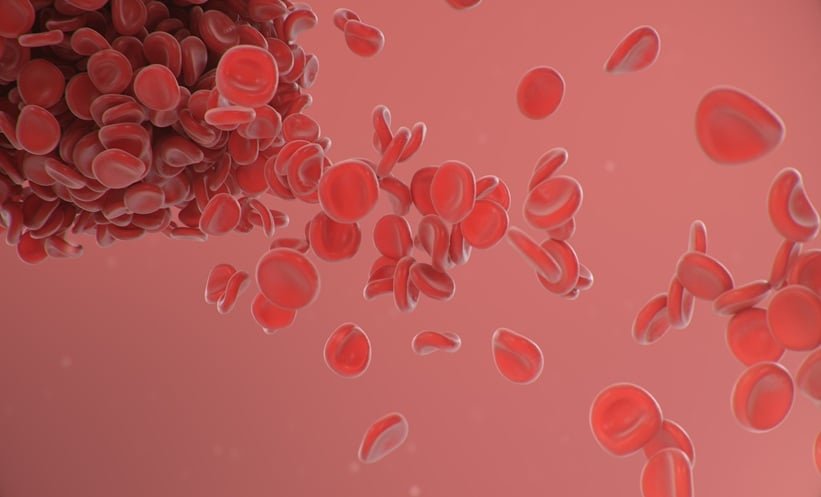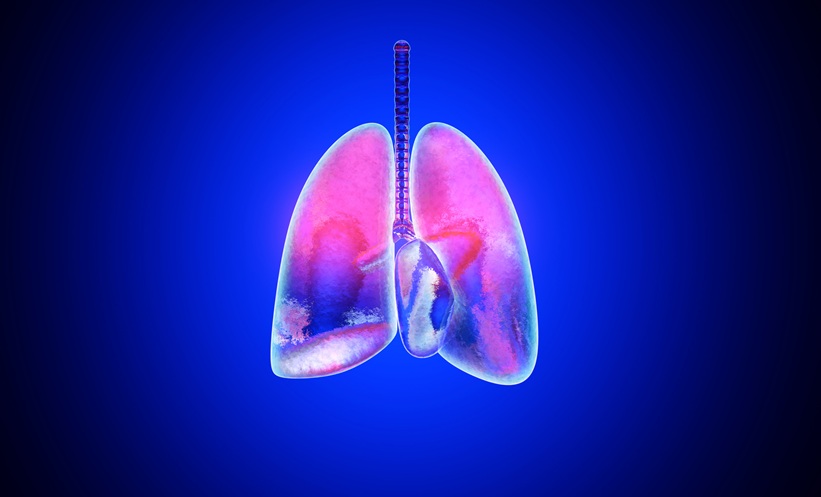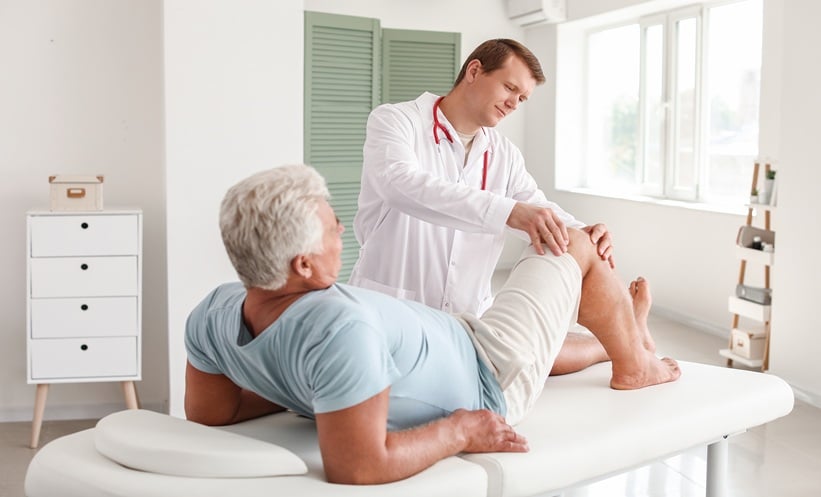NEW research revealed that individuals with rheumatoid arthritis (RA) face a significantly increased risk of venous thromboembolism (VTE)—a serious condition that includes deep vein thrombosis and pulmonary embolism—regardless of their age, sex, body weight, or hormone use.
The large population-based study used primary care data from over 117,000 individuals in the UK, comparing 23,410 people with RA to more than 93,000 matched controls without the disease. The findings showed that people with RA were 46% more likely to develop VTE than those without.
Interestingly, the relative risk was highest among younger adults (aged 18–49) and those with a normal body mass index (BMI), despite VTE being generally more common with advancing age and obesity. The risk remained elevated across all levels of disease duration and was higher in women using hormone replacement therapy (HRT), though not in those using oestrogen-containing contraceptives.
Researchers suggest that VTE risk should be a routine consideration in the care of all RA patients, not just those who fall into traditionally high-risk categories. This may call for revised guidelines on VTE prevention and closer monitoring of RA patients for early signs of thrombosis.
Reference
Russell MD et al. Risk of venous thromboembolism in people with rheumatoid arthritis: a population-based study in the UK. Rheumatol (Oxford). 2025;DOIL 10.1093/rheumatology/keaf430.








